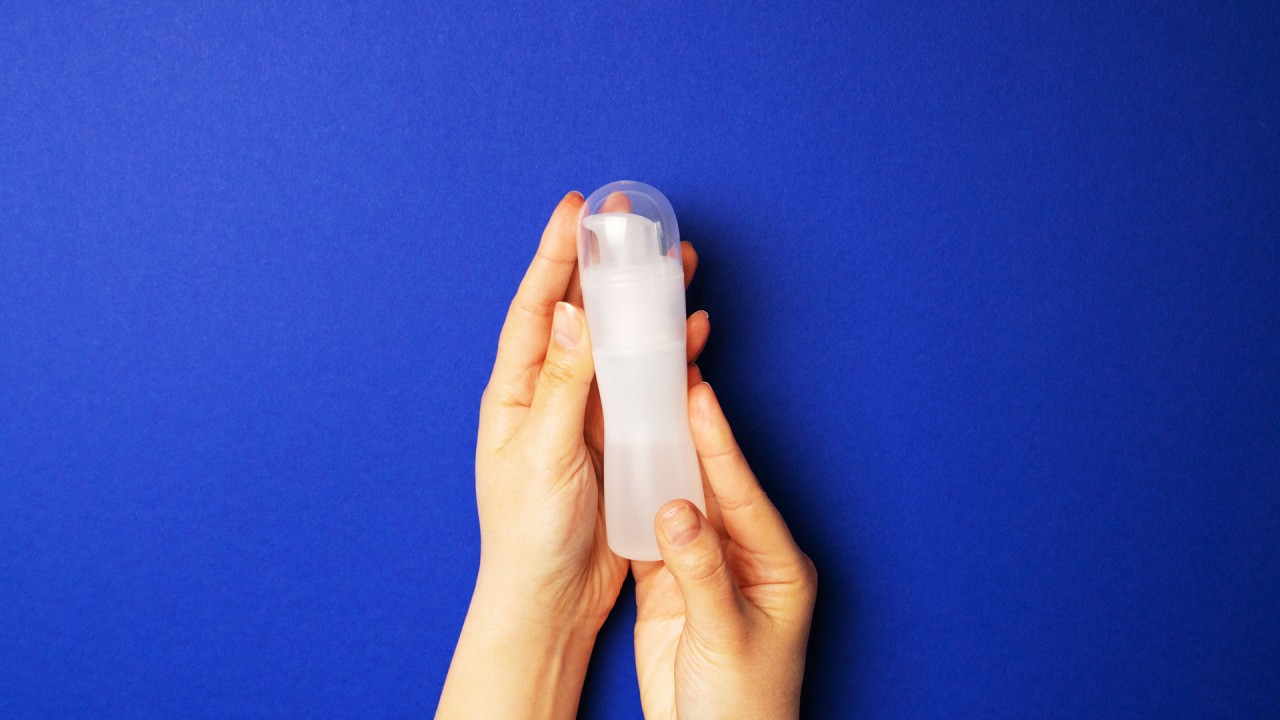.
How to keep your brain healthy as you get older: Crack open the lube of life
Keeping your brain healthy as you get older comes down to how you approach ageing. In this blog post, Kerry Leigh invites you to open the lube of life and plan in some playtime to keep those neurons firing.
Getting older - age is just a number
By the time you’ve read this blog, you’ll be two minutes older. Fact. You could also be two minutes wiser or two minutes better off.
In the fabulous science journal Nature, the ageing process is described as follows (best read in your David Attenborough voice):
‘The changes manifest as a decline from the organism's peak fertility and physiological functions until death.’
Erm well yes, that can’t be denied, although some of us try to cover it up with cosmetic products and processes.
So biologically, we’re on our way out. And yes, I’m often shocked when I catch my reflection in the mirror or shop window. I always look way older than I feel. However, this doesn’t always depress me. I feel young. Age is just a number and getting older doesn’t mean giving up.
However, how you age is up to you. Jane Fonda (now 83) says:
‘With age, you become more confident. You learn to step into your own skin and own your space’.
She could be right.
Staying young - the older generation has got it right
A recent Ipsos Mori report focused on the experience of people approaching later life in lockdown. It found that while a significant minority (39%) of those aged 55-75 reported feeling more anxious and depressed than normal, they’re coping better than younger age groups.
Why?
Is it because older people are under less pressure to look and behave a certain way? Young people today are arguably the most stressed and anxious generation yet, having to cope with the added pressures of social media and living through a pandemic with fewer opportunities to be sociable.
It’s my belief that getting older provides us with the opportunity to reflect on who we want to be, who we want to be with, and then doing something about it. With less pressure to ‘fit in’ or ‘look the part,’ we can crack on with it.
But let’s not make it an ‘us and them’ situation here of young versus old. Let’s help each other, hang out together, and learn from each other. George Bernard Shaw was right: ‘We don’t stop playing because we grow old; we grow old because we stop playing.’
Ways to stay feeling young
Who are you spending time with and what are you doing with that time? Are you making time for play and humour? I asked a Laughology trainee group this week what their favourite toys were as children, and the results were incredible.
People lit up and re-lived some magical memories of bike-riding, dolls houses and early computer games – Commodore 64 anyone? Continuing storytelling and play as we age keeps our neurons firing.
The human brain requires maintenance and can get rusty with neglect. So crack open the lube of life and plan for some play in your grown-up world.
As we approach the festivities my top five recommendations for play for all ages:
- Outdoor Hide and Seek.
- Zombie - this is our homemade game where one person has to keep their eyes closed and try to find other people in the room with their hands. You know the game has started when they announce: ‘Zombie’. NB: Best played in one room, and not near stairs!
- Card Games - always carry a pack for long train journeys.
- Musical Statues
- Chopstick Smarties – Compete to see who can move the most smarties from the bowl to the cup one by one, using chopsticks and a timer.
And finally, as I looked up after my last full stop, I witnessed the most perfect rainbow out of my bedroom window. I’ve taken a quick pic and here it is.
Rainbows keep us in touch with wonder and joy. You’re never too old for that.

























